

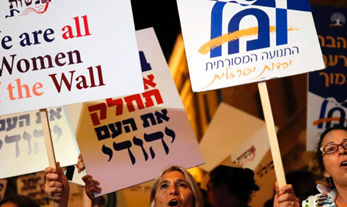
United by Outrage? Israel's Arab Citizens and American Jews
Written By: Dr. Nasreen Haddad Haj-Yahya
Now you know what it's like to feel marginalized and unequal in Israel. Arab citizens know that all too well. That's why we must join forces.

How Israeli Society Has Changed Since The Six-Day War
Written By: Yohanan Plesner
Polling data finds that far more Israelis distrust their leaders today than in 1967.
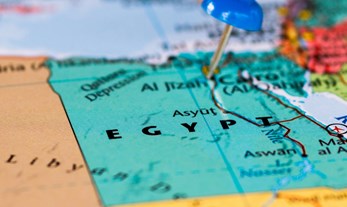
Two Surprising Lessons of the Six-Day War
Written By: Dr. Jesse Ferris
Basics such as bread and cooking oil began to disappear from the shelves. The Egyptian street boiled with anger. And the foundations of the regime began to shake.
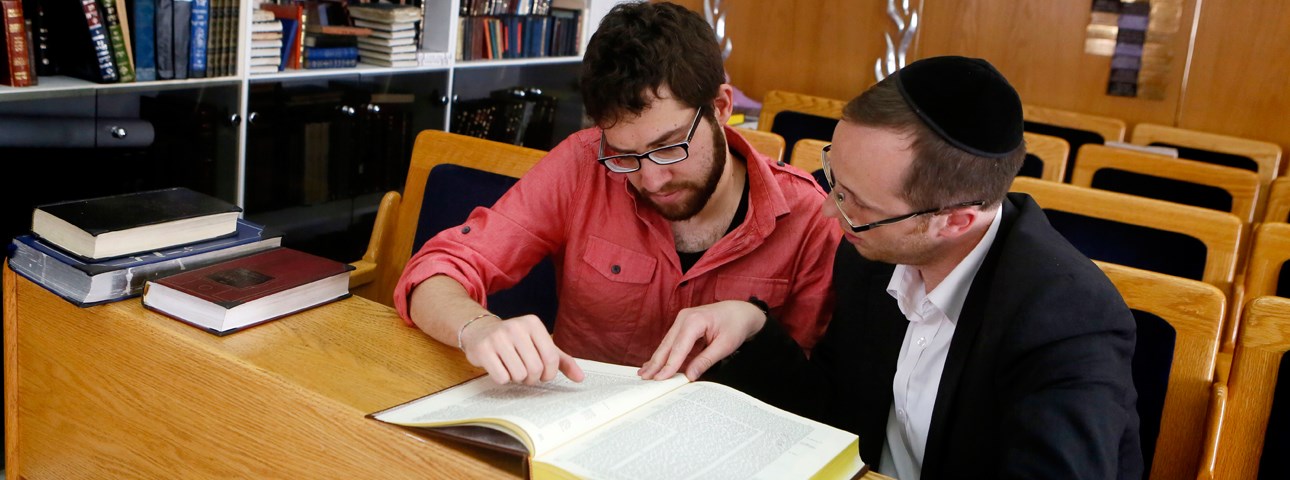
Voyage to Identity
Written By: Prof. Yedidia Z. Stern
Prof. Yedidia Stern argues that our Jewish identity and culture depend on how we understand and internalize the past.

In Search of “Red Lines” in the ECtHR's Jurisprudence on Fair Trial Rights
Written By: Shlomit Stein
The European Court of Human Rights’ ('ECtHR') use of proportionality and balancing is inconsistent and does not provide clear guidelines from which policies can be drafted such that those policies can strike a fair balance between individual rights and public interests while not impairing the essence of the rights at stake. While ad hoc and unprincipled balancing may be justified on a theoretical level, on a practical level, a policymaker seeking to understand which rights’ interferences constitute clear violations under the European Convention on Human Rights ('ECHR') is left puzzled.
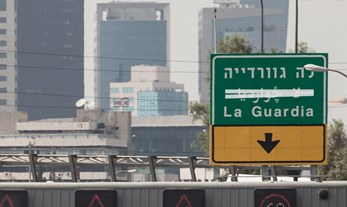
What Would Herzl Say About the Nationality Bill?
Written By: Dr. Nasreen Haddad Haj-Yahya
Israel’s leadership appears to have diverted from Theodor Herzl’s path. Instead of striving to create equality and a common ground, it is doing everything in its power to incite and divide for the sake of a few more votes.
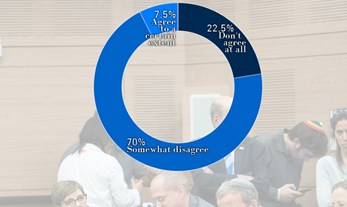
What Do Parliamentary Aides Think of the Work of Members Of Knesset?
Researchers surveyed aides in 40 Knesset offices. Of those, 92% of aides says they think MKs do not come prepared for Knesset committee meetings and that the Knesset is not succeeding in properly supervising the government (95%).
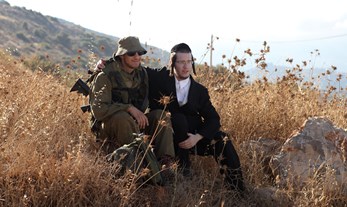
The Ultra-Orthodox Community's New Trend: From Isolationism to Involvement
Written By: Dr. Lee Cahaner
In 2017, we have to ask: Who is ultra-Orthodox? What are the boundaries of ultra-Orthodox society? What are the boundaries of ultra-Orthodox identity within the Israeli sphere?

Battling Over Equality
Written By: Dr. Shuki Friedman
Israel's very legitimacy as a Jewish state is under attack.

Israel at 69 — Not What You Think
Written By: Prof. Yedidia Z. Stern
Ahead of Israel Independence Day: If we are willing to turn down the volume of the extreme voices and listen instead to the mainstream representatives in each of Israel's sectors, we will find cause for optimism about the shared Israeli future.
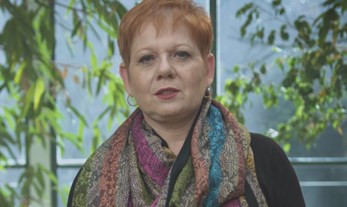
The State of Israeli Democracy: How Do Israelis Feel About Israel?
Those who get their information about Israel from the outside, might think the situation in Israel is not so great. But inside Israel, citizens are fairly proud, unified and optimistic.

Personal Holocaust, Personal Responsibility
Written By: Dr. Shuki Friedman
As a second generation Holocaust survivor, Dr. Shuki Friedman says that, "beyond the responsibility of building our own lives and the state, there is also a personal responsibility not only to remember, but to pass on remembrance to the next generation."
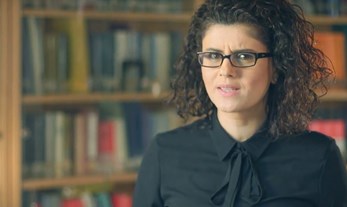
Equal Opportunity for Israeli Arabs
Written By: Dr. Nasreen Haddad Haj-Yahya
Recent findings by the Central Bureau of Statistics on the Israeli labor market reveal that 80% of the country's Arab citizens are employed in jobs with difficult physical conditions. Watch a Research Reel about the NEET phenomenon among Israel’s Arabs.
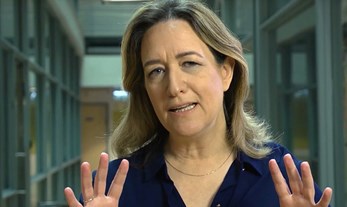
Senior Israeli Reporters Discuss the Need for a Free and Independent Press
Especially now, it is important to remember: There is no watchdog that is more important, that barks louder or is more effective at safeguarding Israeli democracy.

The Festival of Freedom and Responsibility
Written By: Prof. Yedidia Z. Stern
The truly great task is to push ourselves to be accountable, personally and nationally, to the question of purpose.

Passover: Nationalism, Freedom and Humanism
Written By: Dr. Shuki Friedman
The Exodus from Egypt is what brought Israelites their freedom and made them into a nation.
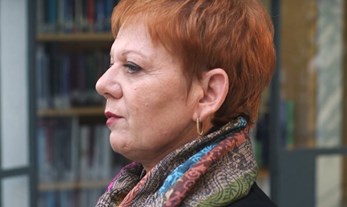
The State of Israeli Democracy: How does Israel Measure Up?
Written By: Prof. Tamar Hermann
There is a sizeable gap between the way Israelis view their political situation and the way the world assesses the Jewish state.

Turning Back the Tide
Written By: Yohanan Plesner
To tackle the crisis of democracy we must restore the public's faith in its governing institutions.

Jerusalem Report: Welcome to 21st Century Politics
Written By: Elli Wohlgelernter
Poorly funded and under threat from personalization and social media, political parties are in decline.
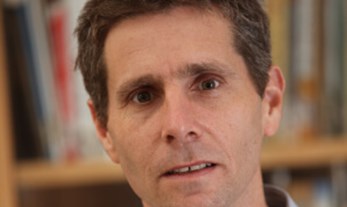
Under the Radar Screen?
Written By: Prof. Yuval Shany, Adv. Amir Cahane
Israel's security agencies have sweeping surveillance powers, but are subjected to few checks and balances.

Terrorism in the Digital Age
Written By: Terrance J. Mintner
How does Israel confront terrorist threats in an era of online incitement and lone-wolf attacks?
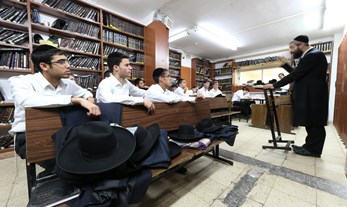
Israel's Next Economic Miracle?
Written By: Dr. Gilad Malach, Dr. Nasreen Haddad Haj-Yahya
Haredim and Arabs must be integrated into society and economy to take the start-up nation to the next level.

Flexonomics
Written By: Ilan Evyatar
In a dynamic labor market, challenged by technological disruption and increasing longevity, flexibility is key.

A Threat to the Foundations of Jewish Peoplehood
Written By: Prof. Yedidia Z. Stern
Leaving issues of religion and state to an ultra-Orthodox monopoly is leading to estrangement between Israel and the Diaspora. New arrangements must be reached.

Democracy at Risk
Written By: Prof. Mordechai Kremnitzer
Citizens must lead the way in the battle against political corruption.

Baltimore and Ramla
Written By: Dr. Nasreen Haddad Haj-Yahya
The author proposes a number of policy recommendations that could help Israel’s Arab population, and could be applicable to any society that suffers from socioeconomic segregation and related challenges. This article was first published by Jmore.
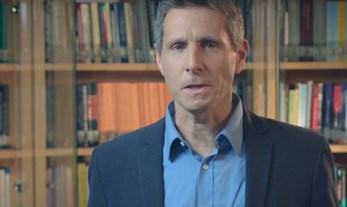
Security and Democracy in the Modern Era
Written By: Prof. Yuval Shany
Israel has been in a state of emergency since 1948. But the nature of the threat has changed over-time—from full-scale military invasions to isolated airplane hijackings, from suicide bombings to missile attacks, and most recently, cyber and lone wolf terrorism.
These ever-evolving threats necessitate new responses and strategies.

Privacy Matters in the Digital Age
Priavcy is a requirement for the proper functioning of any democratic society.

Hijab, Kippah, Crucifix
Written By: Prof. Yedidia Z. Stern
The ruling by the European Court of Justice (ECJ) that a company is permitted to terminate its worker for wearing religious dress is a sad demonstration of the words of Ecclesiastes: “And moreover I saw under the sun the place of judgment, that wickedness was there; and the place of righteousness, that iniquity was there.”

The Mobileye Acquisition is Proof that AI Needs Guidelines
Written By: Dr. Tehilla Shwartz Altshuler
The sale of Mobileye to Intel is not surprising when you consider that last year MIT Technology Review ranked the Jerusalem-based company as one of the 10 smartest companies in the world. As such, the real story is the relationship between government, society, and technology.

